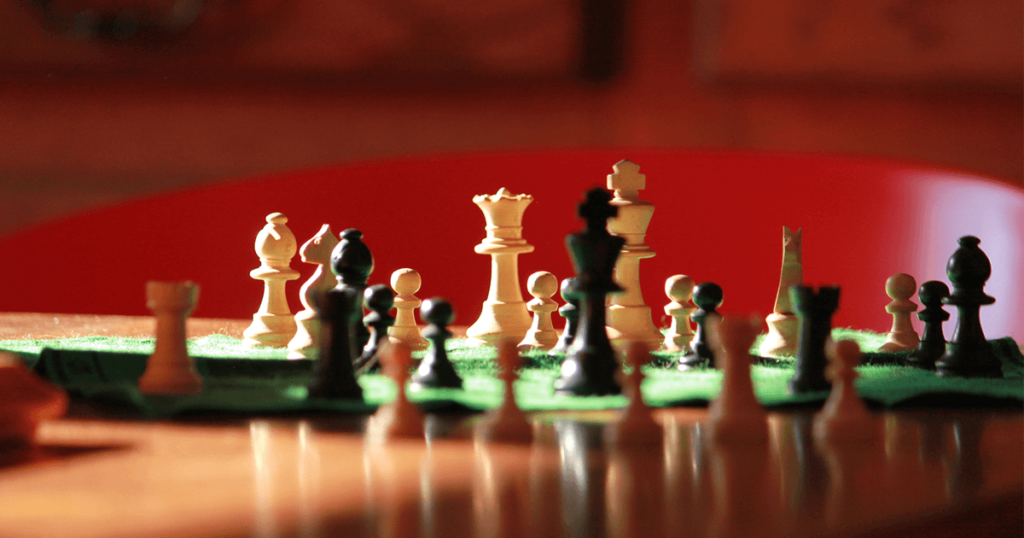
One of the great mysteries of the game of chess, for me, is the impermanence of progress. You have the distinct sense, over the course of days and weeks and months and years, of moving from what feels like genuine proficiency and strength to disastrous incompetence. I no longer have the time to study chess openings and problems as I once did, but I play the game regularly, both online and in Paris cafés with a group of American and British friends. And when I’m home in New Jersey, as I was last week, I binge-play with my brother and father. Chess is our ritualistic way of bonding—an essential way we have of showing that we care for one another, by putting in hours on end with no distractions pulling us away. Otherwise, my father’s only opponent is my mother, who has never really given him serious competition (and doesn’t really want to!). My brother seldom plays at all.
I like to believe that the amount of effort that I’ve put into learning the game and practicing against superior players should give me the upper hand in these encounters, and yet … it doesn’t. Not always, anyway, and not nearly as frequently as I would hope. Every game starts afresh, and when we played last week, I took one game from my brother, before he proceeded to beat me soundly. The experience exposed a meaningful parallel between the game I love and the broader life it mimics: there are no permanent victories.

